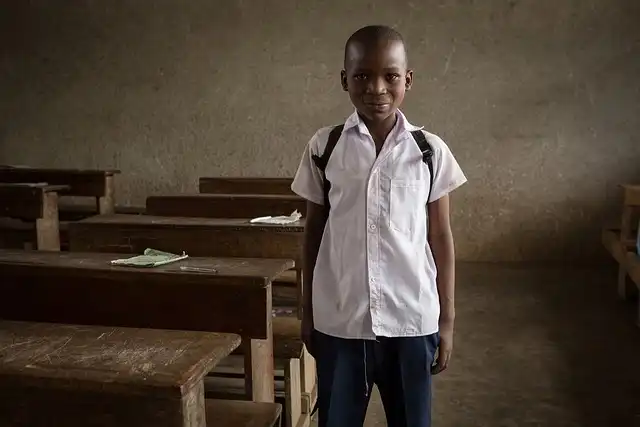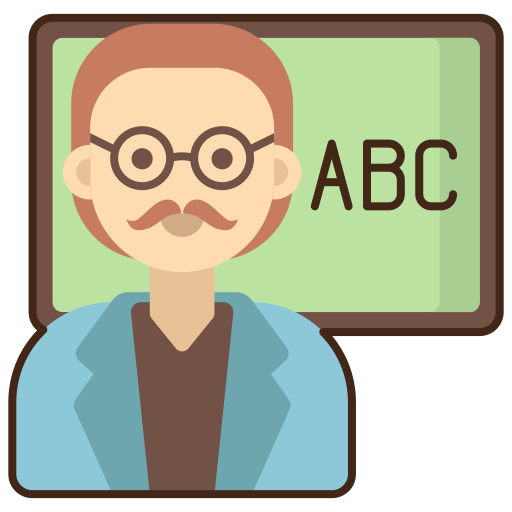Teaching Romance languages in a nonbinary world (opinion)

Through the committee’s work, we’ve incorporated nonbinary pronouns and gender-diverse language into reading, writing and speaking exercises that reflect the diversity of situations that students might encounter in real life.
Language understanding should be an inclusive, improving experience for all participants. However, the binary gender framework that underlies the Love languages provides special difficulties for trans and nonbinary people. By forming a cutting-edge committee, working together with stakeholders, giving supplemental information, adapting training course products and releasing public awareness campaigns, we have actually started to take apart these barriers and create class for all trainees, no matter how they present or recognize in personal and/or public balls.
One of our very first activities was to produce an online existence, making our mission declaration, curriculum declarations and morphology tables offered to participants of the department. By offering these resources early and welcoming feedback throughout the procedure, the group demonstrated its commitment to change while using faculty and students substantial tools to carry out more comprehensive practices.
As our team explored the advancing linguistic landscape, we found that many societies where Love languages are spoken have actually incorporated nonbinary pronouns and gender-neutral alternatives into their languages. These technologies are rarely shown in the textbooks made use of in United state classrooms. Therefore, trainers have to be aggressive in supplementing textbook materials with more inclusive language material. We ended up producing a website for our division, which adapts current program web content to consist of nonbinary language. Recognizing the extra work needed, we requested an educational grant from Michigan to support this important action toward making our classrooms much more inclusive for all trainees.
It’s critical to listen and learn from direct experiences. Misgendering, for instance, can be profoundly unpleasant for students, signaling a lack of recognition or respect for their identity. By making sure that nonbinary and trans trainees have a voice in the conversation, we can much better meet their demands and produce rooms where they really feel seen and valued.
As the chair of the department’s Gender Variety Committee from 2019 to 2024 and a long-term member of Michigan’s LGBT Professors Alliance, I saw direct just how transformative these efforts can be. Right here are 5 principles that have actually assisted our team’s job and can serve as a design for other organizations looking to create even more comprehensive language class.
Learning a language involves much more than vocabulary and grammar; language learners have to additionally discover the cultural worths and beliefs embedded within the language itself. In the instance of Romance languages such as French, Spanish, Italian, Portuguese and Catalan, one of the most basic elements of grammar is gender.
Among one of the most substantial obstacles our division came across was that a lot of Romance language books don’t account for nonbinary identities. While these textbooks offer important grammatic instruction, they often conflate grammatic sex with sex identification, continuing a binary understanding of gender.
The steps we’ve taken at the College of Michigan are simply the beginning. There is still much work to be done, but these assisting principles can inform efforts to make similar modifications in various other language departments. Other institutions can take part creating a lot more inclusive designs for teaching languages and cultures– versions that fully show the diversity of our trainee body and the complexity of gender in the contemporary globe.
In our committee, the diversity of voices was essential to addressing our subject in a well-rounded way, and our adage, “All identifications are RLL identities,” showed this inclusive approach. The input from each member was essential in forming the inclusive and extensive framework we looked for to develop.
Learning a language involves a lot more than vocabulary and grammar; language learners have to likewise discover the social worths and beliefs installed within the language itself. Made up of linguists, sex researches experts, language trainers and trans and nonbinary faculty and trainees, the board’s mission was to reframe how sex is come close to in Romance language training courses. As our group examined the evolving etymological landscape, we found that several cultures where Love languages are spoken have incorporated nonbinary pronouns and gender-neutral alternatives right into their languages. When pupils and faculty encounter nonbinary language in hallways and public areas, it aids to decrease the pain some really feel around this progressing facet of language. Other institutions can sign up with in producing more comprehensive models for mentor languages and cultures– designs that totally reflect the variety of our student body and the complexity of gender in the modern-day world.
Public awareness campaigns like these serve not only to educate but likewise to stabilize making use of comprehensive language. When pupils and professors encounter nonbinary language in hallways and public rooms, it helps to decrease the pain some feel around this progressing aspect of language. The feedback we’ve gotten has actually been extremely favorable, with several sharing gratefulness for our department’s initiatives to foster an extra comprehensive atmosphere.
Acknowledging the inequality in between pupils’ identifications and the way sex is commonly taught in the classroom, the Division of Love Languages and Literatures at Michigan took action in 2019 by establishing the RLL Gender Diversity Board. Made up of linguists, gender research studies experts, language teachers and trans and nonbinary professors and trainees, the board’s objective was to reframe just how gender is approached in Romance language training courses. This initiative has actually resulted in educational program revisions, public awareness campaigns and the development of new on-line sources, all with the goal of making language discovering more comprehensive and affirming.
Public understanding is an effective device for inspiring change. At Michigan, we launched a public awareness campaign that plainly presents nonbinary pronouns in the five Romance languages that are shown on school. These visuals have sparked conversations amongst faculty, pupils and also moms and dads, broadening the extent of our work and expanding its impact past the classroom.
Creating an inclusive class surpasses customizing books. It’s also about equipping pupils to use gender-diverse language in real-life communicative contexts. With the board’s job, we’ve integrated nonbinary pronouns and gender-diverse language into reading, creating and talking exercises that reflect the variety of circumstances that students might run into in real life. These exercises not just meet curriculum requirements however likewise offer a space for pupils to take part in vital conversations regarding sex identity and inclusivity.
No campaign focused on promoting inclusivity can prosper without the active participation of the communities it looks for to offer. In our situation, trans and nonbinary departmental participants were instrumental in aiding us understand the unique challenges they face in the language classroom. Via studies and straight participation in the committee, these participants of the RLL area provided vital understandings that formed our strategy.
Language is more than just a tool for communication; it mirrors and shapes the worldviews of its audio speakers. By urging students to explore the social implications of gendered grammar, we can foster higher compassion and recognizing both in and beyond the classroom.
1 gender2 Romance languages
« Harvard faculty suspended from library over protestQ&A with author of “Smart University” »
